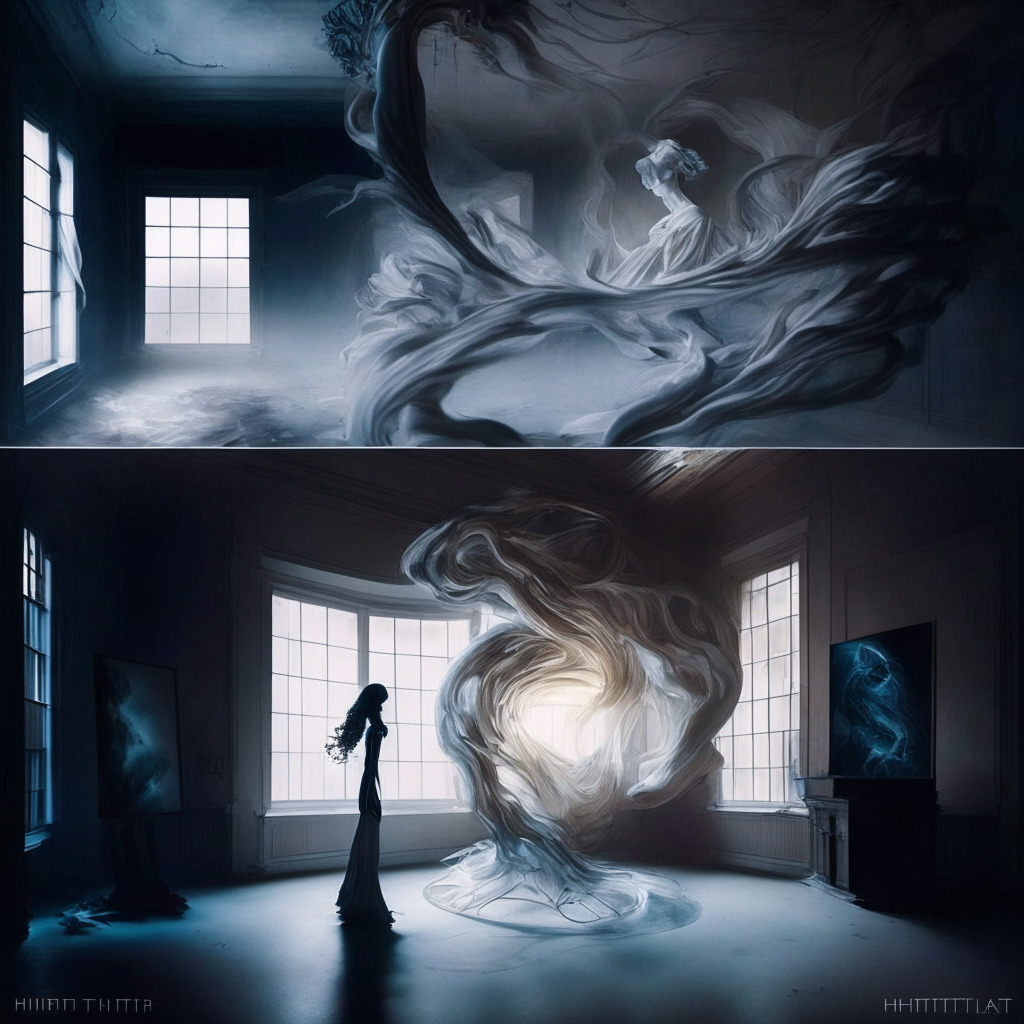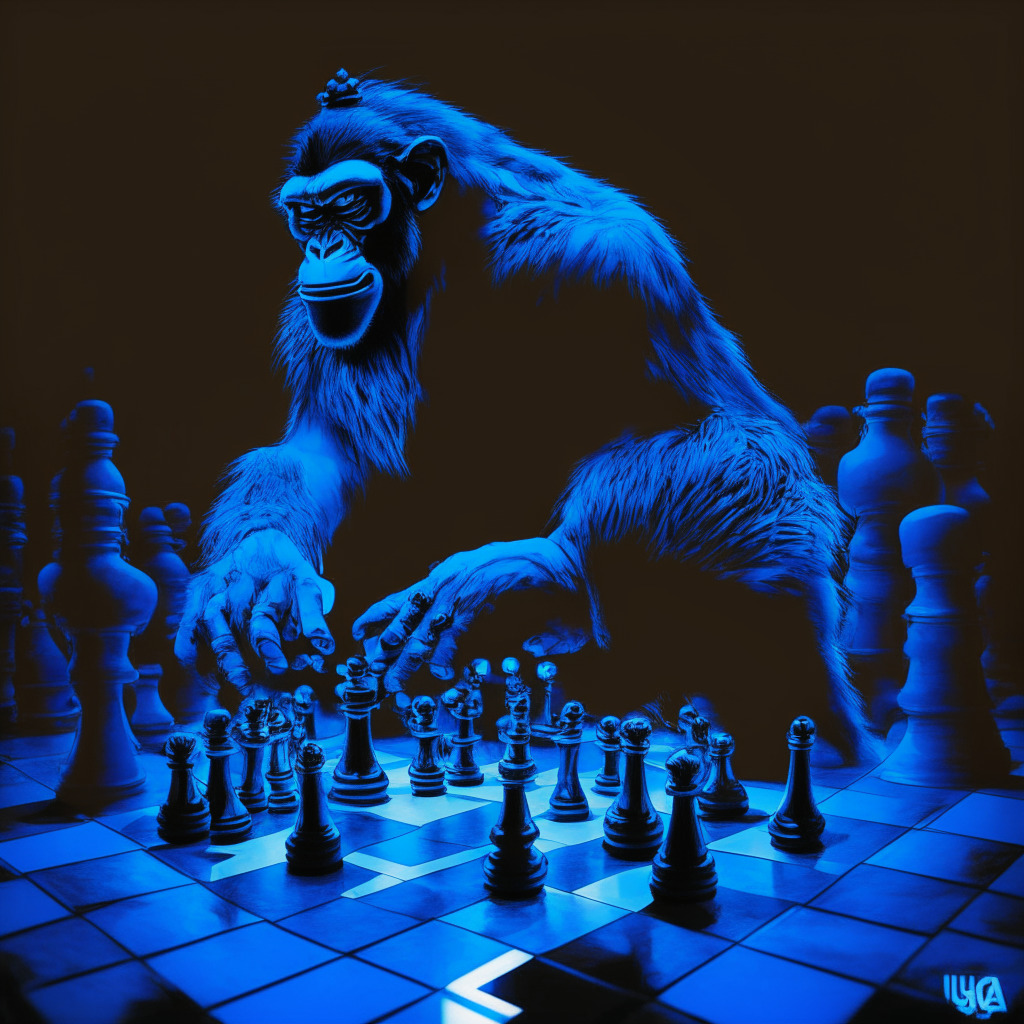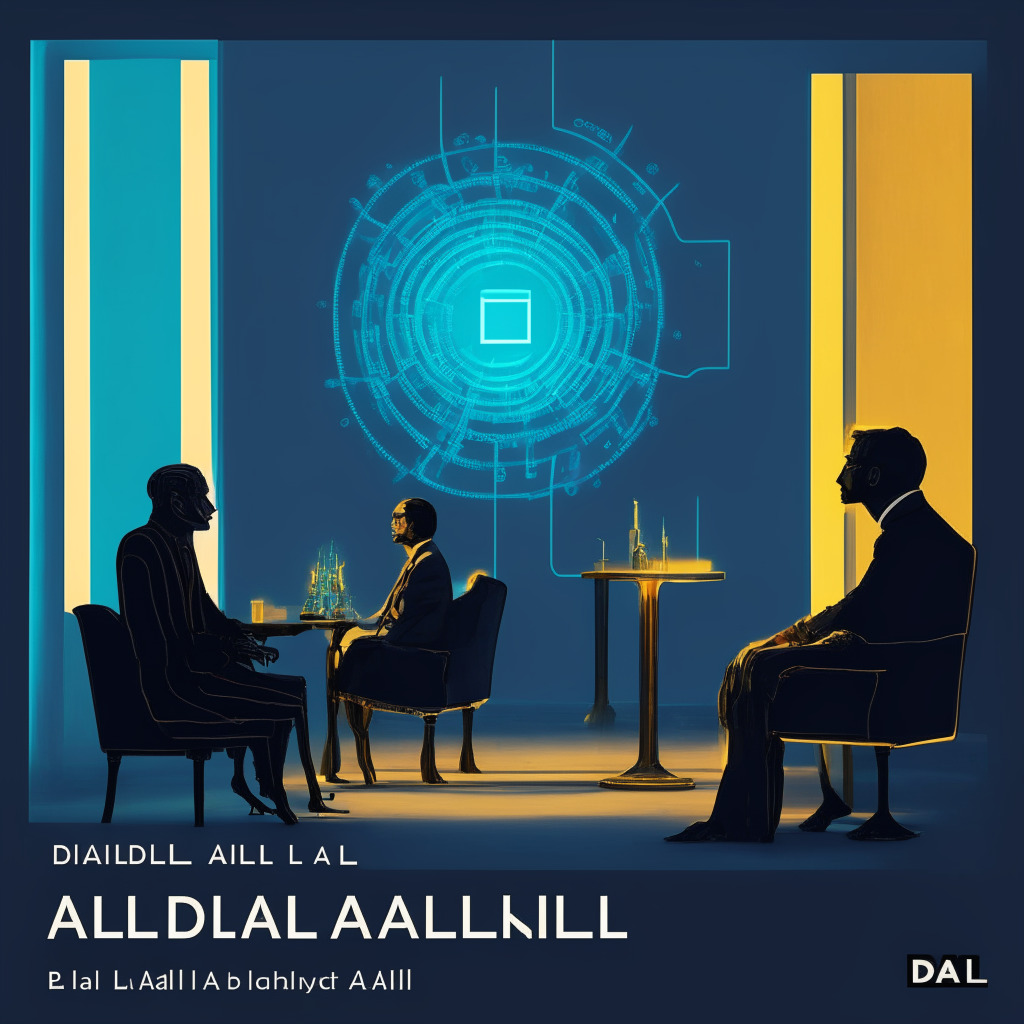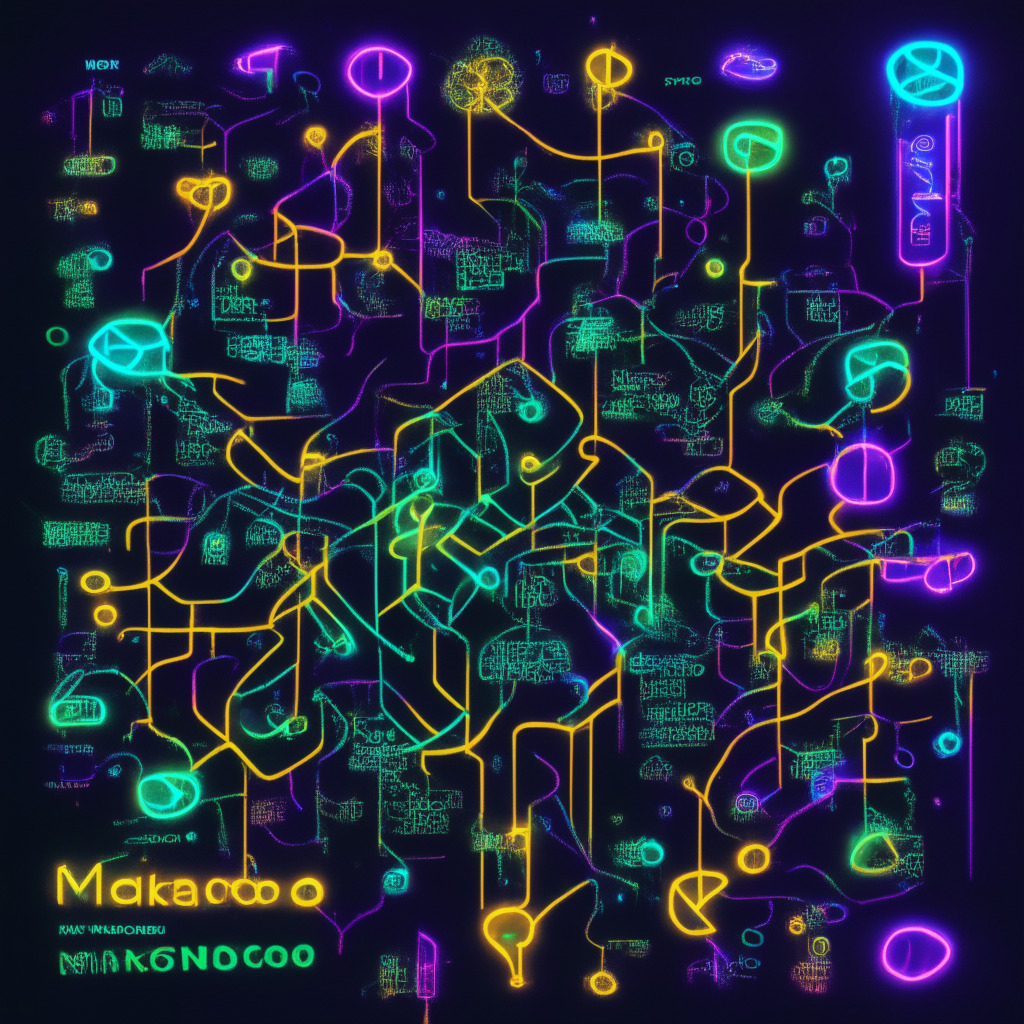When highly-anticipated NFT projects generate skepticism within the community, users often turn to Twitter to express their concerns and conduct further investigation. This recently occurred when a well-known Web3 influencer was accused of using plagiarized artwork in their collection. The artist, pseudonymous Elena, faced allegations of stealing certain art for her new NFT project, Atomic Ordinals.
The claims against Elena’s work began when Phase Labs’ chief creative, Kemosabe, posted a thread suggesting Elena took inspiration from artist Nicole Liu’s Bitcoin-based NFT collection. While Liu claimed to be flattered by the imitation, she expressed dissatisfaction with the quality of Elena’s images, as well as the high price tag associated with them. This sparked a debate, highlighting the abuse of power by some Web3 influencers who use their influence for personal gain.
In response to the growing controversy, Elena postponed her Atomic Ordinals drop and stated she “retraced” certain source images, an action widely discouraged within the art community. However, the artist acknowledged her actions and pledged to remove 16 allegedly copied artworks from the collection.
Digital artwork theft is a prevalent issue within the NFT space, and the problem becomes even more significant when influential figures promote projects without conducting proper due diligence. For instance, Web3 influencer Andrew Wang promoted the Pixel Penguins NFT collection, pledging that profits would go to the artist for their medical bills. However, the artist behind the project withdrew the funds and vanished, leaving buyers frustrated at both the artist and Wang for promoting the collection.
This issue extends beyond plagiarism, shining a light on the responsibility Web3 influencers have when recommending NFT investments to their followers. Earlier this year, influencers faced backlash from users for promoting an NFT project that later “rugged” its investors by pausing its collection and deleting its associated social media presence.
In light of the controversy, Elena decided to make her Atomic Ordinals collection free to mint. The situation serves as a reminder to collectors; it is essential to thoroughly research any potential investments, regardless of the artist’s reputation.
Source: Coindesk




